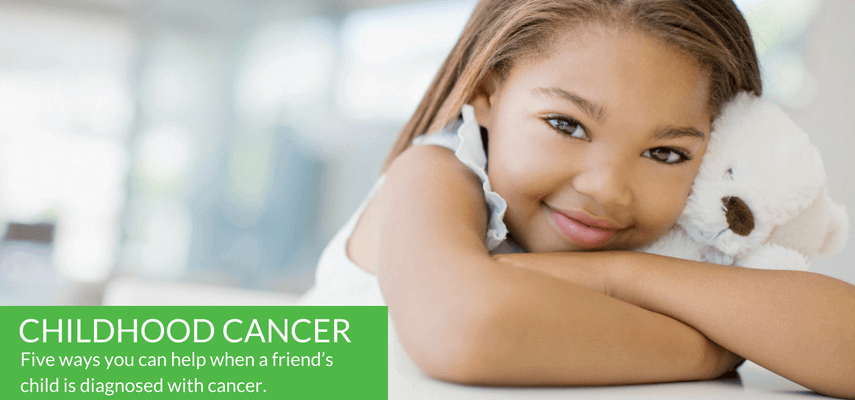
Say something
With something as shocking and momentous as a childhood cancer diagnosis, friends often simply do not know what to say. They may be frightened of saying the wrong thing and causing more upset or they may find the whole situation just too upsetting.
However, to say nothing at all will only make things worse for a family already devastated by the news. You cannot go wrong with the simple words, whether in person or via a text message: “I’m so sorry to hear this. I am here for you.” It will mean a lot.
Bring food to the hospital or home
Immediately following a cancer diagnosis, the child will have a prolonged period in the hospital while they begin chemotherapy treatment, which may then be followed by treatment at home with intermittent care in the hospital. Parents will often take turns staying with the child while caring for other siblings at home. It is a time of chaos and stress.
Pay a visit
If you can visit do so, whether just as a shoulder to cry on or with much-needed practical help.
Dealing with a childhood cancer diagnosis can be isolating and lonely for parents, particularly if one or both has to give up work in order to care for their children. If you can visit do so. Check first to make sure it is a time when it is ok for the child on treatment to have visitors and bring your own kids around to entertain or come armed with sticker books and puzzles.
Don’t ask, just do
People are generally useless at asking for help and the kind offer of “Do let me know if there is anything I can do?” is rarely taken up. So be proactive. Cook meals, take magazines, toys, games to the hospital, offer to babysit, or take the kids to the park, tidy your friend’s house while they are in the hospital.
Think what chores need doing and just do them. I have got a lot better at asking for help when on verge of a breakdown, but still often feel like I don’t want to put people out.
Be there months down the line
A childhood cancer diagnosis changes a family forever.


